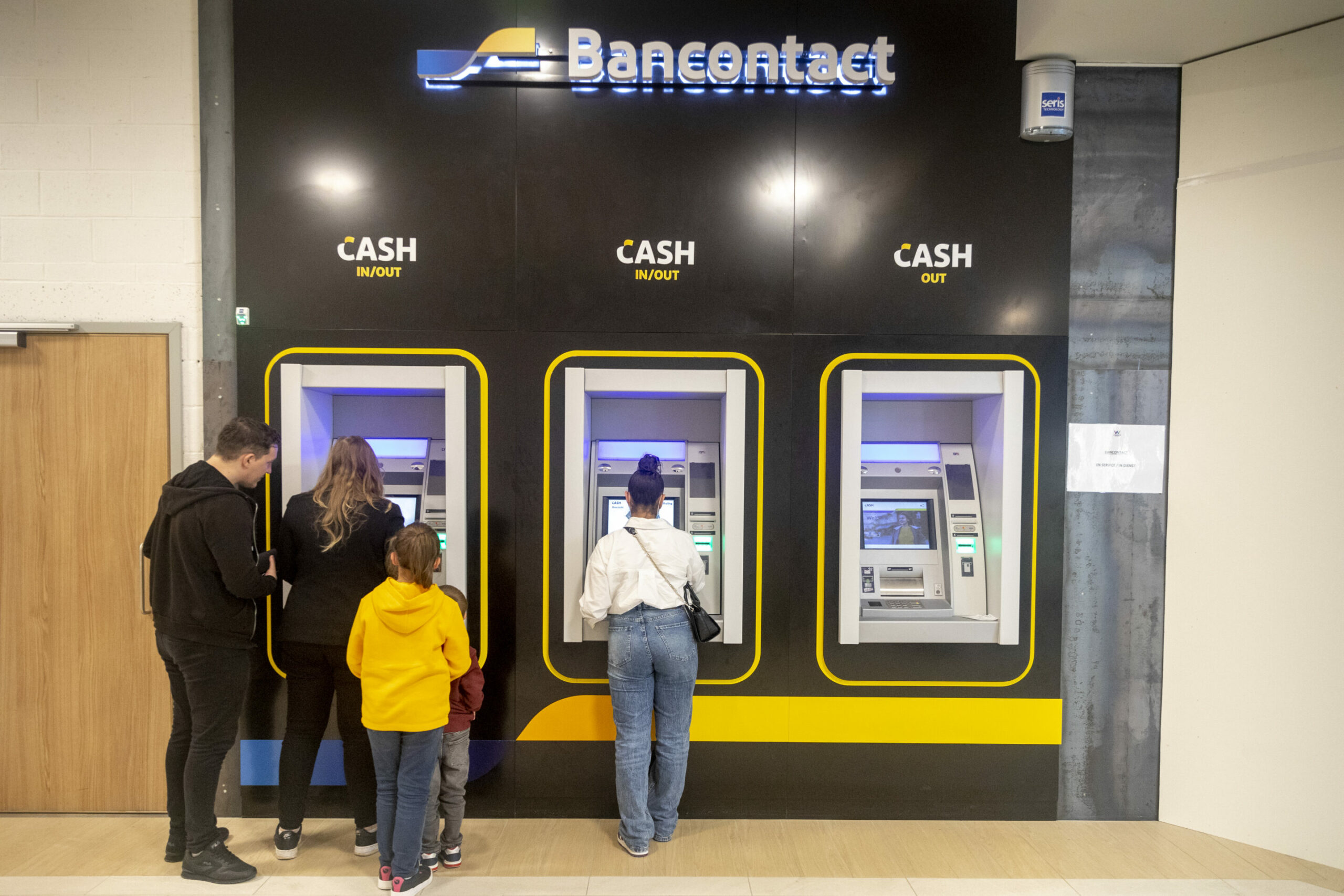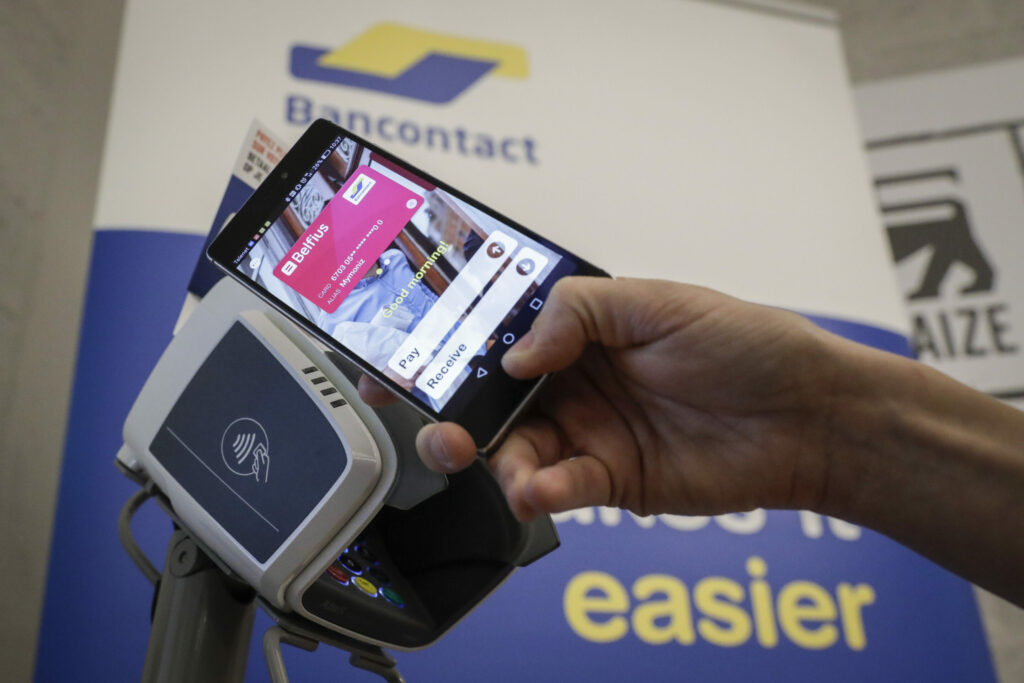Bancontact brands itself as a unique Belgian payment scheme which simplifies transactions, but is it exclusive in its approach?
Summer sees a succession of festivals take place in Belgium, as well as markets, annual fairs, and other occasions. Vendors at these events often insist on Bancontact as the sole payment method – a source of considerable frustration for non-Belgian tourists or anyone without the necessary card. Why does Belgium need its own payment system?
Bancontact Payconiq Company is owned by five shareholders (Crelan, Belfius, BNP Paribas Fortis, ING and KBC). It offers local payment methods, comprising Bancontact (which is present on all debit cards issued by Belgian banks) and Payconiq (which works via transfers), which can be used in almost all physical and online stores in Belgium. Chief Marketing Officer Lotta de Meulenaere considers the proximity to the Belgian market a "real strength of the business."
"Thanks to our local payment solutions we can determine our own roadmap and products, and answer the needs of local merchants and consumers. We can also make quick adjustments to our product to meet people's needs and expectations," she told The Brussels Times.
Prioritising Belgians' needs
In addition to promoting local consumer patterns, de Meulenaere says that Bancontact responds to a desire to pay locally as well. "We want to prioritise the needs of the Belgian market," she clarified, adding that local payment systems provide a crucial means of supporting the Belgian economy.
"Governments need independent payment systems to be in close contact with the market. Our payment solutions also ensure a competitive playing field which benefits the entire payment ecosystem." Scheme fees for Bancontact are kept low, which creates healthy competition on the Belgian market.
The company doesn't sell Bancontact to merchants directly, but instead relies on a system of partners which then define the price to the merchants. Pricing (schemes fees) towards all third parties is the same, regardless of the retailer's size, which aims to make the system more transparent.
Furthermore, people can increasingly pay with Bancontact beyond Belgium's borders, in foreign web shops or even physical shops abroad; de Meulenaere noted that shops as far as Greece have worked with the system.
Streamlining transactions
Bancontact Payconiq Company aims to make the payment process as seamless as possible for merchants and consumers. To achieve this, they developed a QR code. "About 88% of all online payments with Bancontact are now made using smartphones. There is a clear trend of consumers picking up the payment solution or the products which we bring onto the Belgian market."
But in prioritising Belgians, are international residents and tourists left behind? De Meulenaere argues that tourists can still pay with their foreign bank card at shops, accepting the international payment method. Non-Belgian residents, meanwhile, can create a Belgian bank account and acquire a Bancontact card.

CASH point in Anderlecht, Brusssels, bearing the Bancontact logo but operated by Batopin. Credit: Belga / Hatim Kaghat
Bancontact has been a household name in Belgium for over 50 years, having started out as a system for withdrawing cash and then evolving to card payments. "Culturally speaking, withdrawing money in Belgium means 'going to the Bancontact'," de Meulenaere explained.
But contrary to popular belief, the familiar CASH points bearing the Bancontact name are managed by Batopin, a joint venture between four major Belgian banks. "Our company has an agreement with Batopin [the company which manages ATMs of the big Belgian banks] to use the Bancontact brand name for their CASH points. This is the only link that exists between our company and the ATMs that you see in metro stations."
'A facilitator of life moments'
Bancontact wants to continue to expand its international offering. "We would like more merchants to accept Bancontact so they can also provide this trusted payment method for Belgians when they go abroad, or to a French supermarket such as Auchan."
Above all, the company aims to ensure that payments don't interrupt the flow of everyday life. "We distinguish ourselves by not focusing on the transaction, but rather how payments integrate seamlessly into everyday life. We want to be a facilitator of life moments," de Meulenaere concluded.

